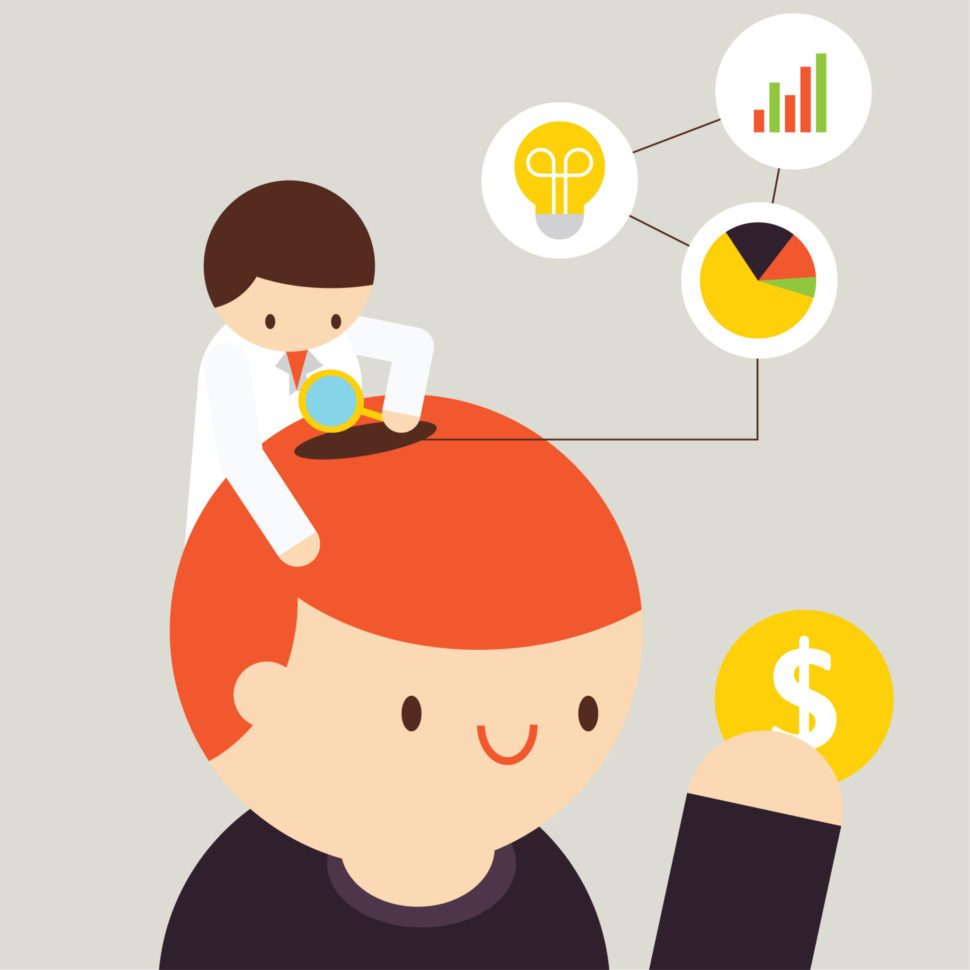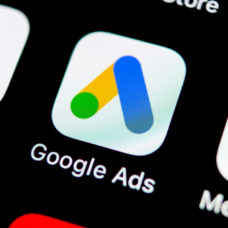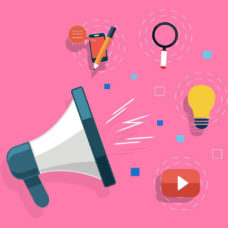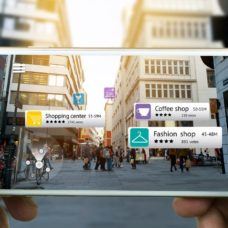Think about how much time you spend on social media every day. Now think about how many times you made purchases from sidebar ads.
Attention spans are shorter. The need for “payoffs” is higher. But creators of social giants like Facebook saw this one coming. Sean Parker sat down with Axios, airing his remorse for helping construct a “monster”.
Exactly how does Facebook use “instant gratification” to monopolize both your time and attention?
Instant Gratification: #Facebook Main FeatureClick To TweetThe Current State of Human Attention Spans
This might not seem like the most relevant jump, but according to Parker, it’s integral to Facebook. The social media platform/marketing medium intended to possess as much of your time and attention as possible. With the incorporation of mobile games, video hosting, and seamless ads, Facebook is nearly unstoppable.
U.S. users spend up to 5 hours on their mobile devices each day. As of 2016, at least 50 minutes of those 5 hours were on Facebook, Instagram, or Messenger. Given that most of us will navigate away from a site that takes longer than 1 or 2 seconds to load, those figures are robust.
How does this happen? Easy: instant gratification loops.
Think about it.
Doesn’t it feel great when something you post gets “likes”? Does it impact you negatively when you DON’T get “likes”? This is all by design. The more content you post, the more “likes” you get. This means more time spent on the platform and potentially, more ads seen and/or interacted with.
Enhancing Existing Predilection for Problematic Ethics
There are many schools of morality in the world. From the classics like Kant’s “train problem” to Machiavelli’s “ends justify the means”, humanity has long struggled with ethics. Psychology and sociology play their parts, too, but so does tech. As a result of actionable intelligence and tools, our penchant for manipulation gets an upgrade.
But the utilization of data isn’t novel. Netflix uses all of their metrics to produce tv shows sure to post stellar ratings (ignoring things like Real Rob or The Ranch). But it has been suggested Facebook is used by outside parties to manipulate users.
Though Facebook started as a way for friends to connect online, it has exploded into a marketing platform, injecting ads everywhere (including in messages).
Parker likened the use of sites like Facebook to that of drug use and addiction. Users need “a little dopamine hit” i.e. a “like” or comment. Then, the user is motivated to post MORE content and spend more time on the site for their next “hit”.
“It’s a social-validation feedback loop … exactly the kind of thing that a hacker like myself would come up with, because you’re exploiting a vulnerability in human psychology.”
This exploit means great success for Zuckerberg et al, but at what cost to users?

Content/Engagement Loops As a Sales Tactic
Disregarding Facebook’s role in moderating the content of and intent behind ads, the seamless transition from social site to consumer pool is a huge boon for the platform. “Instant Gratification” is a key strategy behind online shopping.
Think about when you order something from GrubHub or Eat24. After placing your order, you get an encouraging message like “You made food happen!”
When it comes to Facebook, you can check your likes and engagement numbers while also perusing curated ads based on your internet history. This “personalized” and self-oriented platform is what Facebook offered so many years ago. Due to the need for instant gratification, curation and speed of delivery are paramount. So is brevity (thanks Twitter).
But things are different now. That instant gratification of posting a status venting about the latest Project Runway episode includes something more.
Now, you get ads for JCPenney and Lexus post-vent. Your isolated and personal instant gratification loop spurs consumerism along with Facebook’s stock prices.



















Recovering My Scammed Bitcoin Investment: Through iBolt Cyber Hacker
When I discovered that I had fallen victim to a bitcoin investment scam, I felt a sinking sense of despair. my hard earned bitcoins I had invested were seemingly gone, with little hope of recovery. I quickly reached out to iBolt Cyber Hacker for assistance. I cannot express how grateful I am to iBolt Cyber Hacker for their invaluable assistance in recovering my scammed bitcoin investment. Thanks to iBolt Cyber Hacker’s relentless efforts I was able to recover my stolen investment and restore my bitcoin. I wholeheartedly recommend their services to anyone facing a similar predicament.
Contact iBolt Cyber Hacker:
Email: Support @ iboltcyberhack . com
Cont/Whtp +.39..3.50..9.29..0.3.1.8
Website: https : // iboltcyberhack . com /